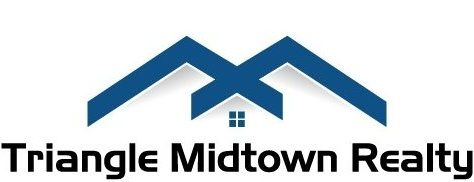Each state is unique in how it handles the period between the acceptance of an offer and the actual closing. In 2011, North Carolina revised its Offer to Purchase and Contract (Form 2-T) and implemented the concept of a Due Diligence period. The DD period is a negotiated time frame (usually around 30 days) in which buyer and seller arrange for and complete necessary actions required before closing on the deal. (This does not apply to new construction purchases). Closing is typically set anywhere from one to fourteen days after the end of the due diligence period.
For the buyer, the DD period provides time for securing financing and arranging for inspections, title search, an appraisal, survey, etc. It is also during this period that the buyer and seller must negotiate and agree upon repairs, often either by the seller agreeing to fix them or through concessions to the buyer at closing. Because a buyer in North Carolina is now free to walk away from the contract “for any or no reason”, there needed to be a counter balance to protect the seller for taking his/her house off the market. It is for this reason that the buyer now usually writes two checks upon acceptance of his/her offer (although neither is actually required to have a valid contract).
The “earnest money” deposit (refundable) is an amount used to show good faith and is often a sign to the seller that the buyer has resources. The earnest money check is made payable to an escrow account (often with the closing attorney) and will be applied to the purchase price at closing. The earnest money is usually the larger of the two deposits, often 1-3% of the sales price. It’s possible that a seller could ask for “additional earnest money” as compensation if the buyer (for example) asks for considerable additional time to conduct his due diligence or get their financing in order.
A separate “due diligence” deposit check (non-refundable) is made payable directly to the seller, who is then free to cash and spend that money upon receipt. This is the deposit that compensates the seller for taking their house off the market…and is what gives the buyer “skin in the game.” The seller is incentivized to ask for as much due diligence money as possible.
Since the Due Diligence Deposit is non-refundable (unless there is a breach of contract by the seller), the buyer is incentivized to offer as little as possible, especially if he suspects there may be problems with the property. Due Diligence deposits vary by market and the price of the property, but are often in the $100-$1000 range. A buyer may offer a larger due diligence deposit to “sweeten the deal” in a multiple offer situation. And like the earnest money deposit, the due diligence deposit will also be applied to the purchase price at closing.
Remember that a buyer in North Carolina can pull out “for any or no reason.” But it’s critical that buyers make note the expiration date of the due diligence period. The buyer gets the earnest money deposit back if he terminates the contract PRIOR to the end of the due diligence period. If the buyer pulls out of the deal AFTER the end of the due diligence period, he will forfeit BOTH the earnest money and the due diligence deposit. An important point!
Here is an excellent piece on the subject by the NC Real Estate Commission (PDF file):
